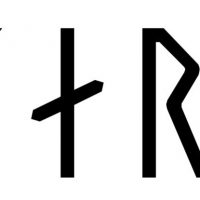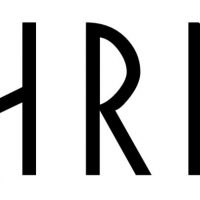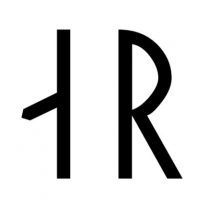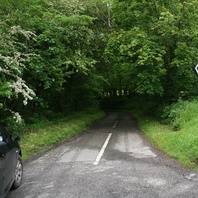
Description
Group A runes were most common in Viking Age Denmark



Sumarlidi
Old Norse Sumarliði (m.)
Sumarliði is originally a byname meaning ‘summer-traveller’. Although it has also been suggested that it is a variation on Vetrliði ‘a bear in its second year’, the close association of the name with the Viking diaspora supports the ‘summer-traveller’ meaning.
These names likely arose in the Atlantic islands as there is one instance of Sumarliði from the early tenth century attributed to a man of Scottish birth, and several from the time of settlement in Iceland (c. 870-930). It does not appear until late in Norway, but there are several instances after c. 1320. The name is found in runic coin legends as the name of a moneyer operating in the Danish town of Lund between 1065 and 1075 – many of the moneyers in Lund actually came from England, where the name is relatively common. Sumarliði is also found in a place-name in Normandy.
Sumarliði is the first element in three instances of the place-name Somerby, and one of Somersby, Lincolnshire, and the name is also frequently reported independently as a personal name in Domesday Book for Lincolnshire.
Old Norse Name
- Sumarliði/Sumarliðr
Anglicised Name
- Sumarlid
Gender
- Male
Features in Saga
Íslendingabók. Landnámabók, ed. Jakob Benediktsson. Íslenzk fornrit I. Reykjavík: Hið íslenzka fornritafélag, 1968, chs 103, 334, 344.
Ascribed Culture
Collection
- Viking Names
Keywords
- coin, male_name, moneyers, personal-name
Further information
This object is related to
Somerby, Lincolnshire.
Find out about Somerby, Lincolnshire.
References
Lena Peterson, Nordiskt runnamnslexikon: Femte, reviderade utgåvan. Uppsala: Institutet för språk och folkminnen (2007), p. 210.
Gillian Fellows Jensen, Scandinavian Personal Names in Lincolnshire and Yorkshire. Copenhagen: Akademisk Forlag (1968), pp. 270-271.
E.H. Lind, Norsk-isländska dopnamn ock fingerade namn från medeltiden. Uppsala: A.B. Lundequistska Bokhandel (1915), col. 975-978.

